The Ministry of Education and Training stated: Although cooperation between universities and businesses in Vietnam has been established, it is generally not extensive, mainly focusing on some traditional forms such as internships and student recruitment.
Cooperation content is still limited, nearly 90% of schools said they have cooperation on internships for students (enterprises accept interns), about 70% of enterprises sponsor scholarships and job fairs for students.
Meanwhile, the rate of enterprises participating in training or research is still low. Only about 30% of schools have enterprises giving comments on the program, sending experts to teach or jointly conducting R&D projects.
This shows that university-enterprise cooperation in Vietnam today is mostly for supporting human resource training rather than linking research and innovation.
The revenue of schools from science and technology activities and transfer is very modest. Ho Chi Minh City National University, which leads in publishing articles, only achieved revenue of 241.2 billion VND from science and technology services in 2024 (until November 2024), and this figure is even lower than the previous two years (2022: 319 billion, 2023: 288 billion).
This partly reflects the ineffective commercialization of cooperation with businesses.
Part of the reason is that scientists have not paid attention to registering intellectual property (protecting inventions and useful solutions), so intellectual property is difficult to exploit. On the other hand, the mechanism for managing public assets is still entangled, making it difficult to commercialize research products using the budget (entangled with pricing and bidding regulations). Therefore, the value of technology transfer of schools is still low, not creating a significant source of revenue.
Despite the overall difficulties, some effective university-enterprise cooperation models have emerged. Many schools have signed cooperation agreements with businesses to participate in the training program development stage (surveying human resource needs, inviting business experts to participate in program development, evaluating output standards). It is quite common for business speakers to be invited to teach and give practical talks to students.
Source: https://giaoducthoidai.vn/can-thuc-day-manh-me-hon-nua-hop-tac-dai-hoc-va-doanh-nghiep-post749634.html









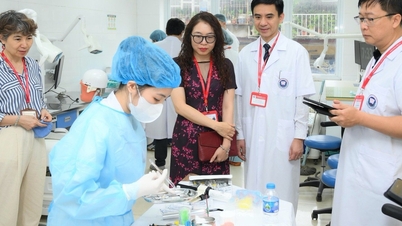





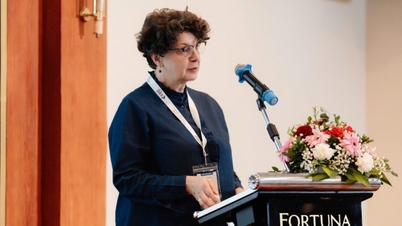

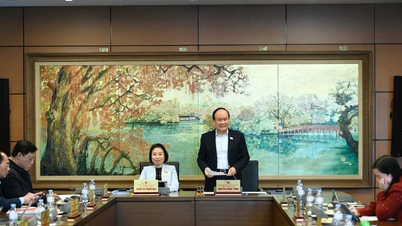

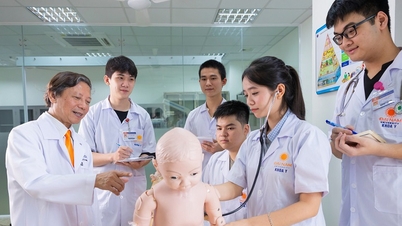


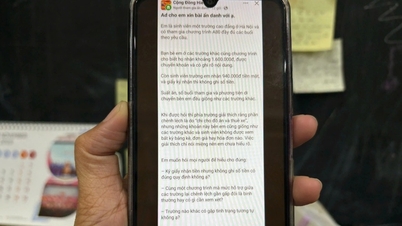
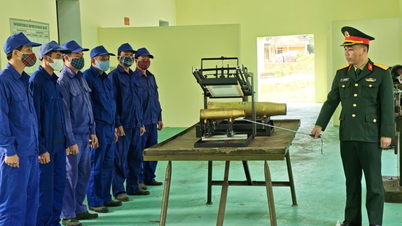

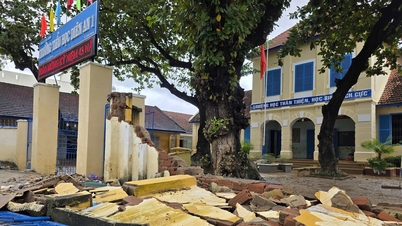








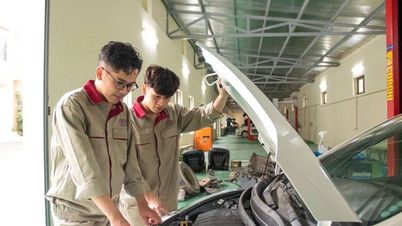
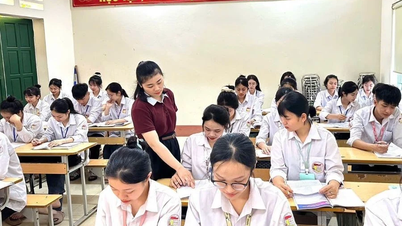

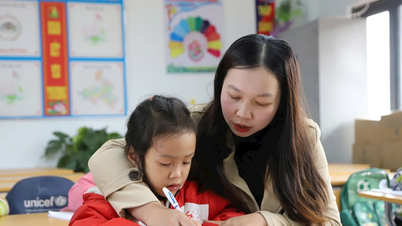


































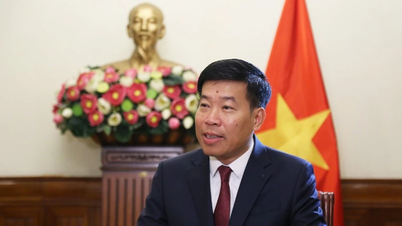















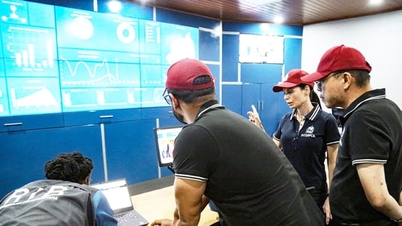

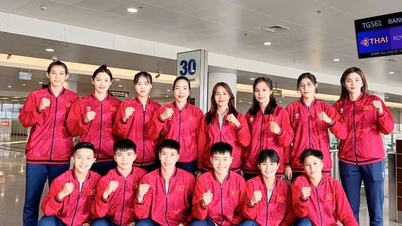
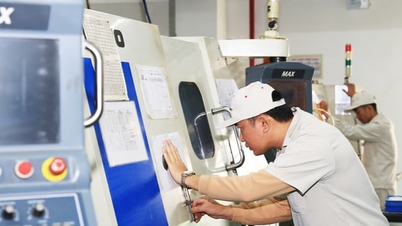


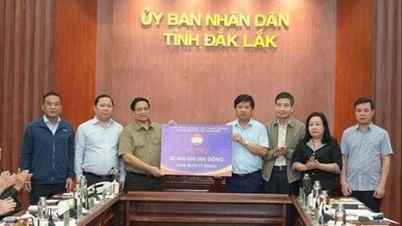










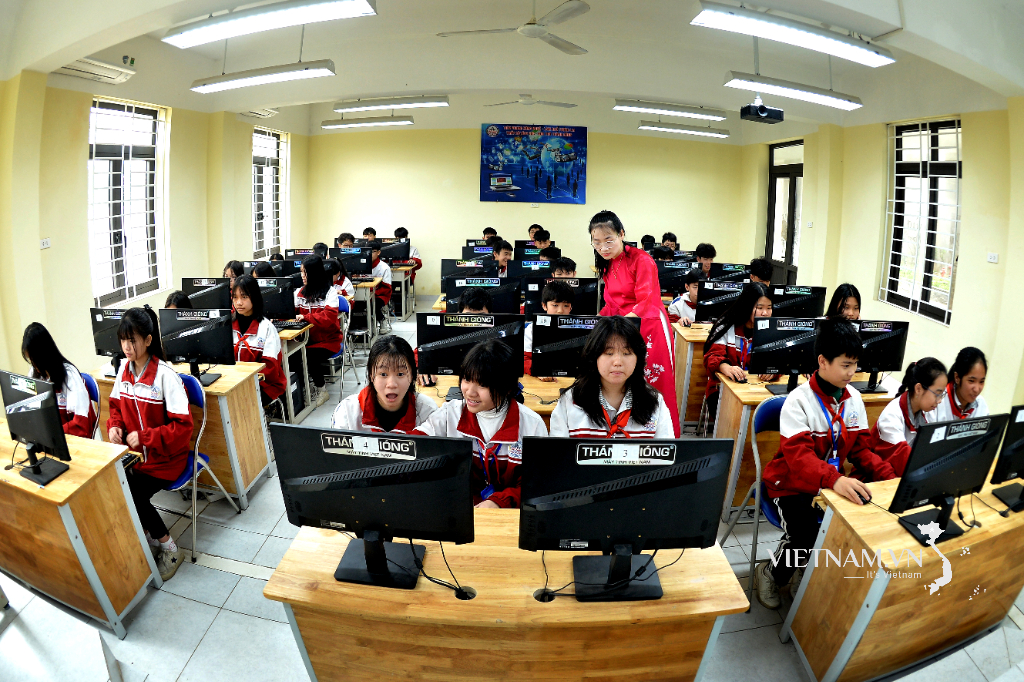

Comment (0)